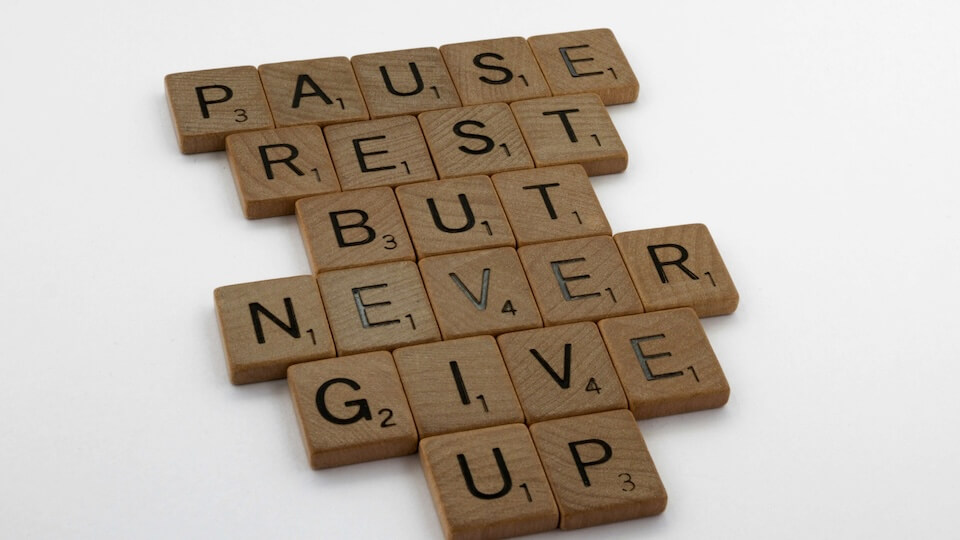
When to Sell Your Business: A Business Owner’s Guide
November 22, 2021
Effective End-of-Year Marketing: A Financially Simple Guide
December 1, 2021What Happens to Cash When Selling a Business?

Selling a business is a wonderful and exciting thing. You’ve worked for years, even decades, to grow your business to be a valuable and attractive commodity, and now, your hard work is paying off. But there are so many moving pieces involved in the sale of a business that there are bound to be many questions. One of the things I commonly get asked about is, what happens to cash when selling a business? Join me as I explain how the sale of your business might impact its cash accounts.
What Happens to Cash When Selling a Business?
When addressing what happens to cash when selling a business, you’re really asking if the cash transfers from the seller to the buyer. But this can be a complex and nuanced question. The simple answer is no. However, there are situations where the seller may choose to include the cash assets in the sale of a business. Similarly, it could be counted as working capital for businesses such as pawnshops or check cashing companies.
Typically, sellers are selling the assets of a business, rather than the commercial concern. Oftentimes, this is preferential because it helps avoid any liability, by the buyer, for actions taken by the seller before the sale. However, cash is often excluded from business transactions because the buyer and seller have already agreed on a number for the working capital. But what about cash accounts receivable?
Cash Accounts Receivable
Ultimately, what happens to cash accounts receivable (CAR) when selling a business depends on how you structure the sale. Keeping the cash accounts receivable could minimize your tax liability for the year in which you’ve sold the business. However, you are on the hook for taxes on those earnings if you maintain your CAR. Similarly, you retain the ability to use certain tax write-offs for bad or uncollectible debts.
In an asset sale, the seller will often retain any petty cash, CARs, as well as accounts payable. This can make the business more enticing to prospective buyers by making it debt-free. However, there are certain industries, such as the medical field, where the buyer takes possession of receivables. The buyer must assume the debt in these instances in order to maintain the clientele. In these transactions, sellers receive an amount equal to the receivables. However, there is usually a 5% or 10% discount to offset the risk of uncollectible accounts.
As the owner, you could opt for an entity sale. These sales include tangible and intangible assets, as well as the accounts receivable. You won’t receive the same tax advantages you get with an asset sale. But you’re also no longer liable for anything to do with the company. How you proceed is a decision you’ll need to make with your advisory board.
Tax Implications
When you sell your business, you can expect to pay income taxes on the proceeds of the sale. Typically, this falls under capital gains and applies to the assets sold and/or shares in the company. However, the sale of an LLC isn’t taxed in quite the same way. The IRS considers single-member LLCs and Sole Props to be disregarded entities. Therefore, any profits realized from the sale aren’t taxed separately but are paid as part of your personal tax return. Because cash isn’t treated as an asset of the business, you keep all cash the business has generated up to the point of sale.
RELATED READING: Minimizing taxes when selling your business
This is why the way you structure the sale of your business is so important. With the proper structure, you could take advantage of incredible tax benefits as they pertain to the cash you receive. Similarly, you may choose to keep your accounts receivable for the same purpose. If you retain your ARs, you could avoid paying taxes in a lump sum at the point of sale. Instead, you would make smaller payments as the payments are received.
Wrapping Up…
While there isn’t a one size fits all answer to what happens to cash when selling a business, I hope this clears up some of the mystery. In most cases, the cash assets are retained by the seller. However, there are certain industries and situations where they may be included in the business transaction. Speak with your financial planner, CPA, and attorney before making a decision on the structure of your sale and the handling of your cash assets.
My friend, life is hard. Every day there’s a new challenge, but that’s what keeps things interesting. So, life is good. Navigating the sale of your business can be frustrating, but with proper preparation and expert advice, you can at least make it financially simple. Let’s go out and make it a great day!
If you have further questions on this or other business and financial topics, reach out to us! The Financially Simple team is always ready to assist you. Our expert team has helped many business owners reach their goals.



